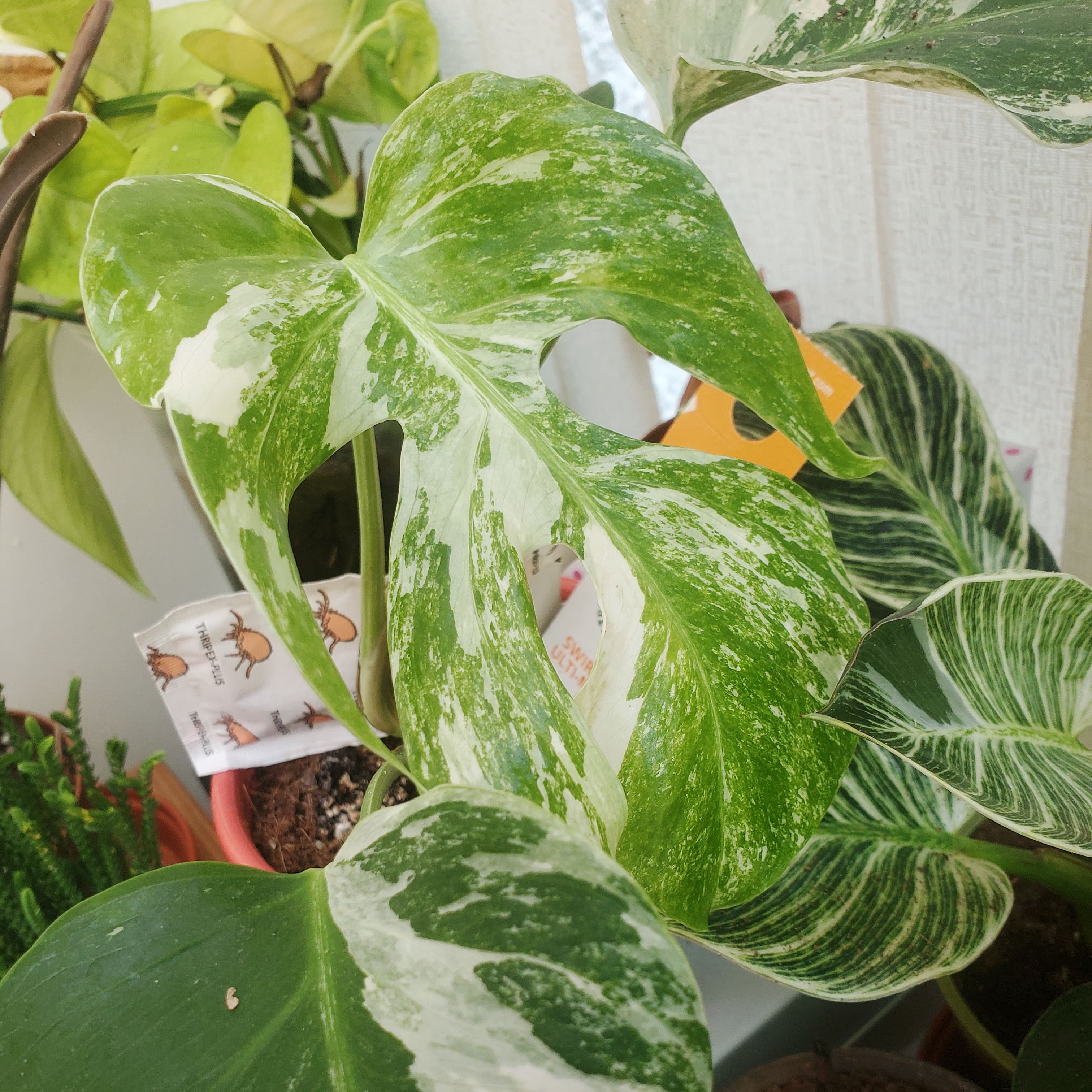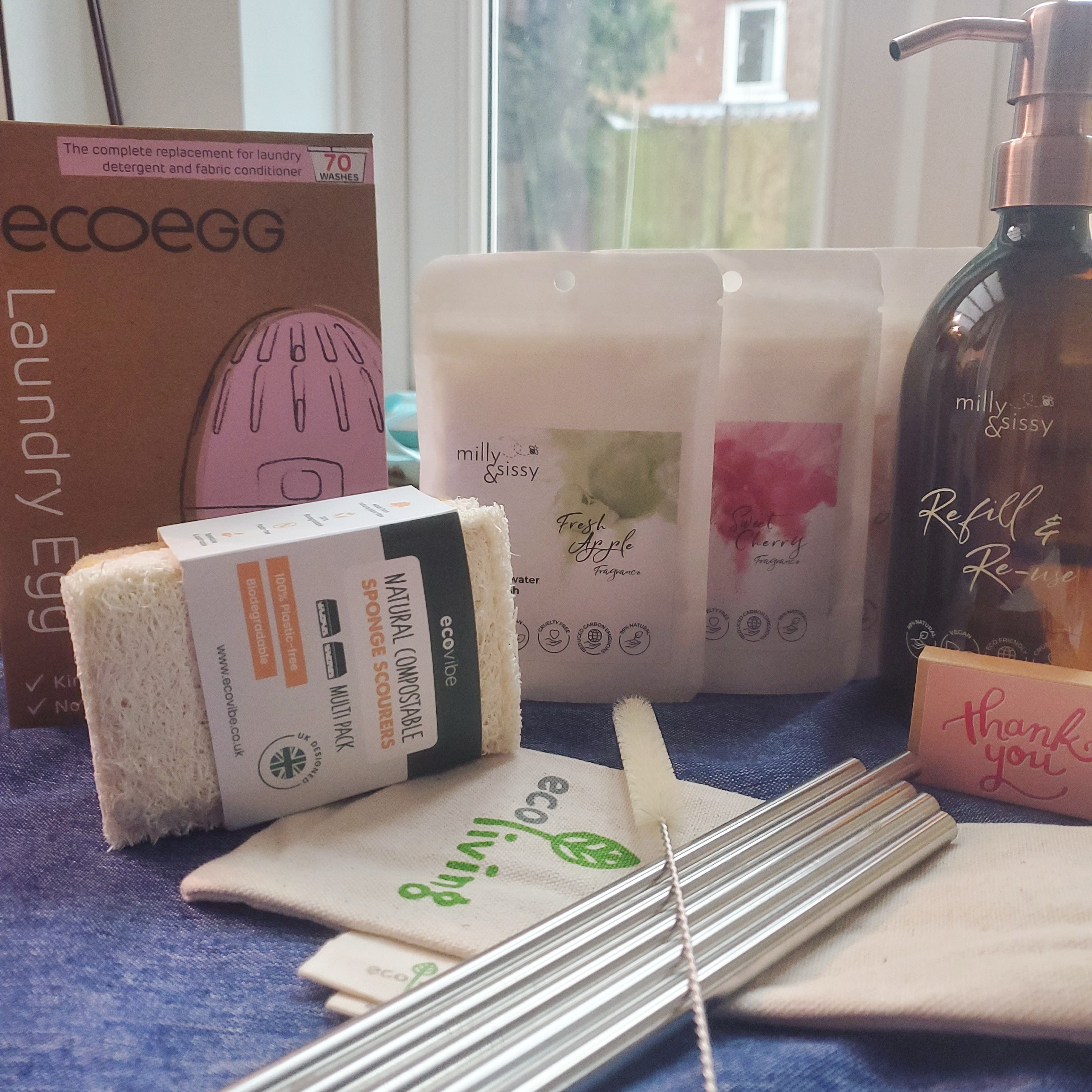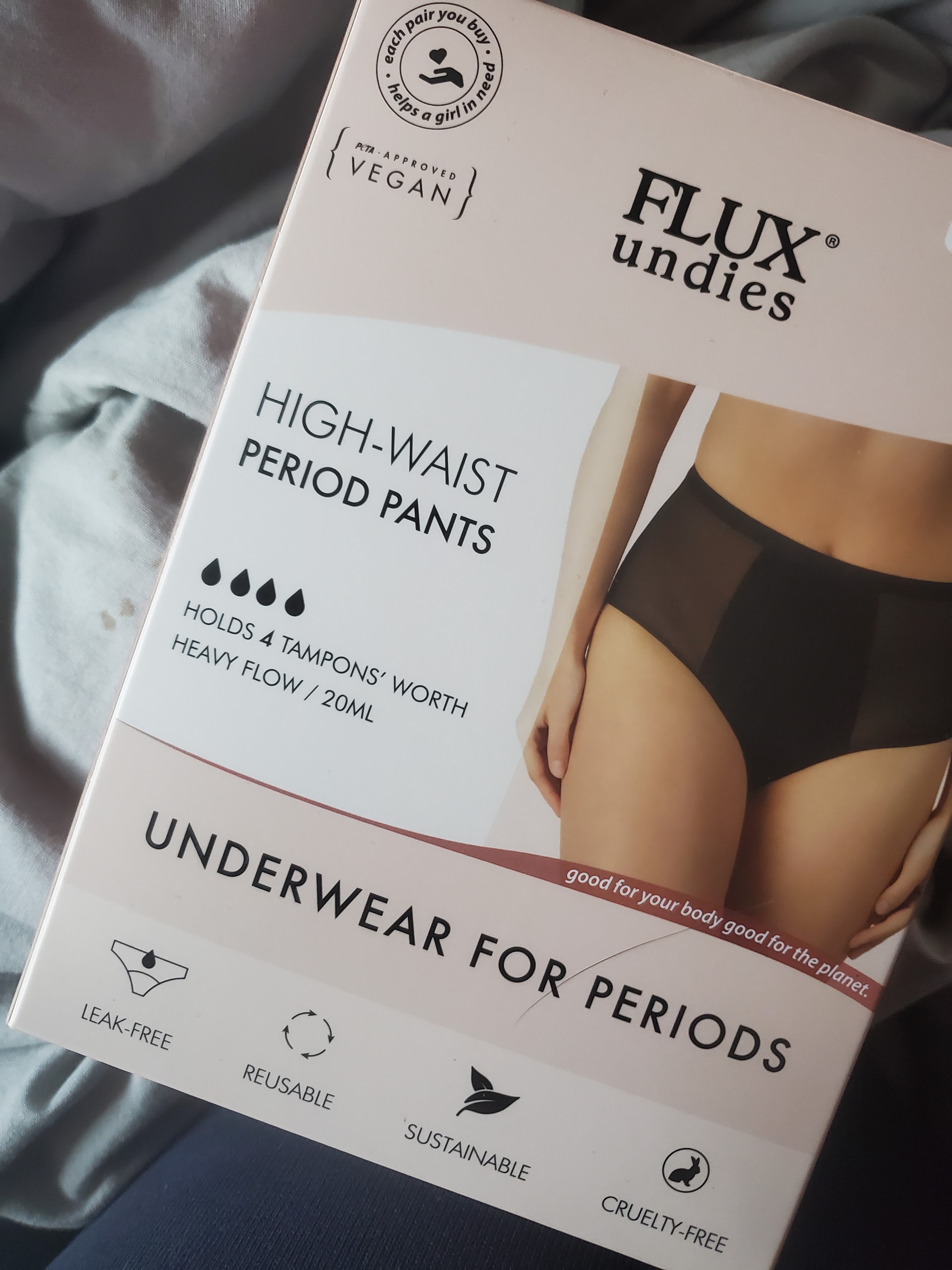Saving the Planet in Several Key Steps
Many people across the globe will agree that our planet suffers from a lot of different issues. In fact, there are so many that it makes your head spin trying to understand a single one of them. And when you consider just how much damage is done to the planet daily, whether we mean to or not, it has to make you feel depressed. After all, what can you, as an individual, really do to save the planet?
As grim as the prospects of our planet seem to you, don’t give up on it just yet. A journey of a thousand miles begins with a single step, after all, as Lao Tzu famously stated. So, as an individual, you can definitely try to help in little ways, and as they accumulate, they will definitely benefit this little blue rock we all live on.
In this article, you will learn about some of the most crucial steps that you can take to save Earth. They are not listed in order of importance, and if you can’t do any of them, that’s perfectly fine. Even if you pick one and stick to it, you’ll be contributing to a better future for the human race, as well as all other species on this planet.
List of Steps for Saving the Planet
Try Circular Economy
Let’s start with a big one: what can you do as a business owner, entrepreneur, and CEO to save the planet? Well, you can give circular economy a shot.
Broadly speaking, circular economy is a concept where companies don’t waste a single ingredient throughout the lifetime of their products. Let’s simplify that a little bit. With this approach to manufacturing, a company will not produce any waste during either of the following stages:
Extraction of raw materials
Conversion of raw materials into final products
Transportation of either the materials or the products
Retail of the products
Consumption or utilization of the products
Discarding the products at the end of their life cycle.
A typical company that employs circular economy focuses on reusing old instead of extracting new materials. Furthermore, it will manufacture products with recyclable elements that have a longer shelf life and are easy to disassemble for parts. Finally, it will work on improving transportation so that no materials or products end up wasted along the way.
The Three R’s
Everyone has heard of the adage ‘reduce, reuse, recycle’. And while this way of thinking is an integral part of circular economy, you don’t need to be a CEO to apply it. In fact, you can just as easily contribute to helping the Earth if you’re a blue-collar worker, a college student, or even unemployed.
Let’s go over this principle and cover all three of its core elements:
Reduce the amount of waste you generate (i.e., try to live zero-waste)
Reuse everything you can as often as you can instead of throwing it away (i.e., empty containers, old dishes and cutlery, old clothing, etc.)
Recycle any discarded items that can be recyclable (such as plastic, glass, wood, organic waste, metal, and so on).
Upcycling
Nearly everyone has heard of recycling, so when the term ‘upcycling’ crops up, people assume they know what it is. And they would normally be at least partially correct. Upcycling is a form of recycling, but with some key differences.
Speaking as broadly as possible, we can define upcycling as reusing an object in such a creative and innovative way that it increases in value. Sometimes, that might involve using an old ladder as a bookshelf or a broken chair as a stylistic element of an outdoor DIY bench. Other times, it can simply include an artist repurposing an old truck tire as a flowerpot or a sculpture meant to be a yard ornament. It all depends on how you approach the object you want to reuse, and there are hundreds of ideas for this practice out there.
Carbon Emission Reduction
In 2020 alone, a whopping 3 billion metric tons of CO2 came from cars and other vehicles. And that’s merely a small percentage of the total amount of CO2 that humans produce through various means.
It sounds like a massive problem, of course, but it’s still one that you can help fix. All you need to do is use your car as little as possible. You can either carpool or use a bicycle to get to work or to move about when it comes to long distances. It’s a healthy, non-CO2 alternative.
LEDs are the Best
More and more people across the world are using LED lights instead of traditional incandescent bulbs. And they do so for very good reasons. Here are just some of the benefits an LED light has when compared to the alternatives:
LED lights waste less energy
LED lights are brighter
Incandescent lights have a shorter life span
Incandescent lights produce more heat
LED lights attract fewer insects
LED lights switch on immediately and don’t flicker
Incandescent lights contain dangerous amounts of Mercury
LED lights save money and are safer to have around.
Give Second-Hand Shopping a Shot
It’s nice to have a new shirt and a new pair of trousers, but they don’t have to come from a massive retail outlet. In fact, you can get lots of interesting items at thrift stores and from online resellers.
Buying second-hand clothes comes with several benefits. First and foremost, you will help keep clothing away from landfills. Next, you will be helping out small businesses and local retailers instead of giving money to corporations that still use third-world laborers to sew their items. Finally, you can get any item you want for a fraction of the price that new clothes normally cost.
Planting New Trees is Always Welcome
Trees help combat the excess carbon dioxide in the air. They also produce our world’s oxygen and are themselves miniature ecosystems for millions of species across the globe. So, if you can, make sure to plant a few trees in your lifetime. In fact, you can even join certain popular tree-planting initiatives that promote this practice in fun, innovative ways.
Saving the Planet Summarized
There are, of course, plenty of other ways in which you can help save the planet. However, don’t go rushing into it. Instead, start off small and work your way up to the big leagues. It’s a never-ending process, and the fruits of your labor will leave the planet better than when you began. It’s an incredibly rewarding experience that every single living being will benefit from.
About RTS: RTS partners with local, independent haulers and outfits vehicles with proprietary routing technology that streamlines collection routes and keeps in constant communication with individual pickup sites. From garbage to recyclables, compost, e-waste and reusable materials – RTS helps businesses and communities manage waste more responsibly.

















No comments
Share your thoughts!
(No links please!)